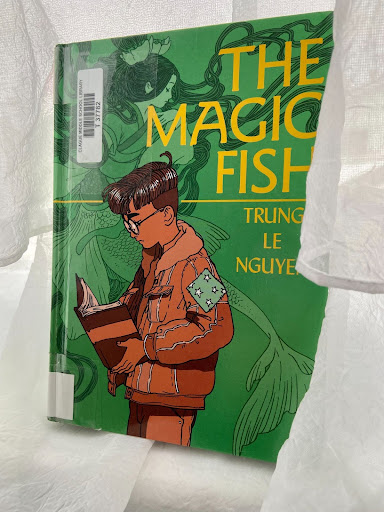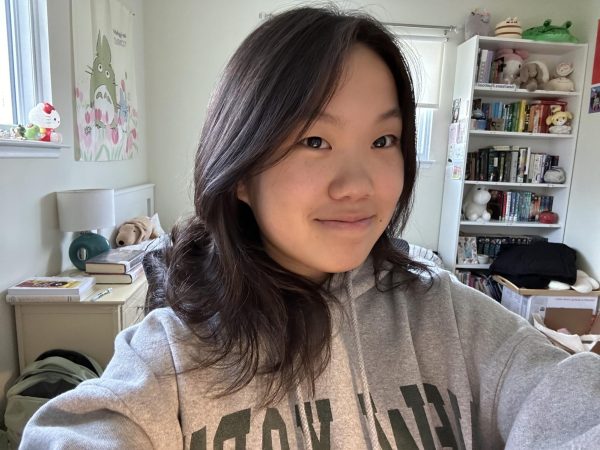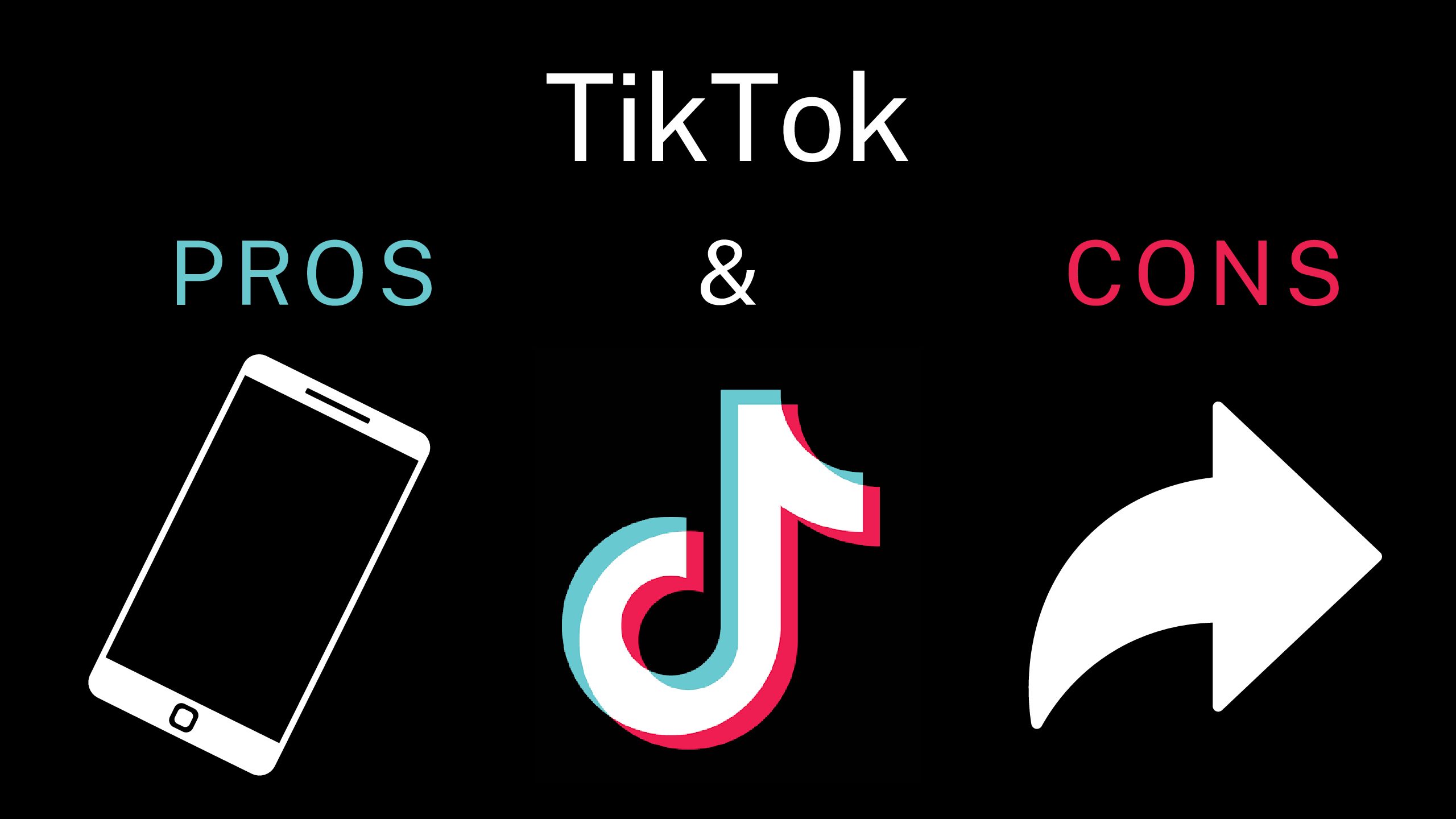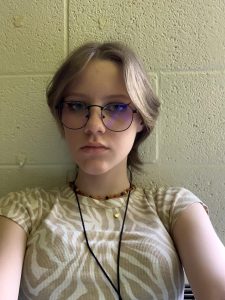The Magic Fish: A Magical Queer Fairytale In Its Own Words

Set in the 1990s, “The Magic Fish” tells the story of 13-year old Tiến, an American-Vietnamese boy, struggling to come out to his parents as gay. Copy of book from Clague Middle School Library
January 17, 2022
“Joy is a precious thing. And precious things are few. So we learn to hold onto them. We keep them close.” (Le Nguyen, pg. 162)
Trung Le Nguyen’s The Magic Fish is a breathtaking graphic novel, both in story and artwork. Set in the 1990s, it tells the story of 13-year old Tiến, an American-Vietnamese boy, struggling to come out to his parents as gay. Being first generation immigrants, Tiến’s parents aren’t completely fluent in English — and he can’t seem to find the right word in Vietnamese. But telling fairy tales from their local library every night, connects Tiến and his mom, Helen, closer that other ways seemingly cannot.
Tiến’s story resonates with many in the LGBTQ+ community. The feeling, the fear of unacceptance, the fear of not being loved anymore, and the uncertainty of it all. Yet there is also a reminder that there are always people who will love and accept, when others won’t.
The Magic Fish perfectly shows how images can say so much more than words. The narrative transitions between the reddish pink present, intricately weaved fairytales drawn in a faint indigo blue, and the amber tinted past. The minimal color palette accentuates the story perfectly. Panels with simple words and images of faint yellow memories made goosebumps run up my arms. There is so little information, yet it offers so much more understanding to the character’s lives, as well as an emotional punch to the gut. There’s a saying that goes, “A picture is worth a thousand words.” It definitely rings true.
The artwork is simply stunning. Words cannot describe the pure beauty of it — intricate and detailed illustrations as if straight from a fairy tale. In a way, I suppose it is. The fact that the art is so enthralling only adds to the many factors and positives that The Magic Fish holds.
“To me, language is a map to help you figure out where you are. If you can’t find the map, you’re lost. You can’t help others when you’re lost. I wonder if I’ll ever find my way home.” (Le Nguyen, pg. 3)
Nguyen writes that he wanted the fairy tales to reflect the characters’ different perspectives and experiences. The first tale is loosely based on a German tale Allerleirauh, told through Tiến’s imagination. The second, Tấm Cám, a Vietnamese fairy tale, is told by Helen’s Aunt. Both are forms of Cinderella stories, but completely different at the same time. Allerleirauh has a boyish, yet regal charm to it, reflecting Western and European fashion. Tấm Cám, told by Helen’s aunt, has a feeling of 1950s Vietnam. It only shows how different people can be, when growing in completely different environments, and how they reflect and see the world. The last story is a reworking of The Little Mermaid by Hans Christian Anderson, which Helen tells. To Nguyen, The Little Mermaid has always been a story about immigration. He writes that the mermaid is a stand-in for Helen’s character — someone caught between two worlds, with a dream of escaping to another, yet at a cost — the cost of communicating.
The Magic Fish deals with heavy topics, yet still manages to hold onto that fairy tale-like feeling. That’s the magic of it and what makes it seem so real. Although homophobia is still visible in Tiến’s world, among many other sentiments, grief and the struggles of living — the little joys in life, stories, and all things in between — can bring people closer together.
Overall, The Magic Fish is a wonderful book that has a rare ability to connect to anyone, no matter age, ethnicity, or sexual orientation. Even if you’re someone who’s not big on graphic novels, this is definitely one to be checked out.






